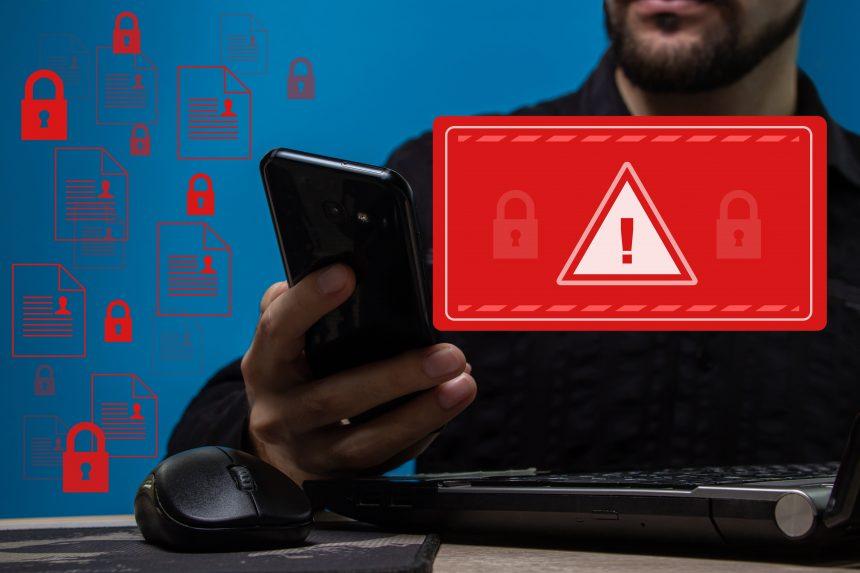The Norton LifeLock scam is a cunning cyberthreat that seeks to manipulate unsuspecting individuals into making a deceptive phone call. In this comprehensive article, we will delve into the intricacies of this scam, elucidate the perils it poses, shed light on its operational framework, and provide you with strategies to fortify your system against its malevolent impacts. Additionally, we will share valuable insights to help you ward off similar threats in the future.
Unmasking the Norton LifeLock Scam
The Norton LifeLock scam is a multifaceted cyber scheme that can be classified under technical support, phishing, and refund tactics. This malicious ploy commences with fraudulent emails impersonating PayPal, falsely asserting that the recipient has incurred a $450 purchase of Norton LifeLock Family Security software for 10 devices. The email aggressively stipulates that the user must immediately dial a provided phone number to cancel the order, creating an illusion of urgency and gravity.
The Menace of the Norton LifeLock Scam
- Phishing and Deceit: This scam epitomizes a phishing attack, where cybercriminals exploit deception to coerce users into swift, unwarranted actions.
- Threat of Remote Access: When victims respond to the email’s directive and make the call, they may be coerced into granting remote access to their devices. This perilous act opens the gateway for cybercriminals to plunder sensitive data and unleash an array of malware, including Remote Access Trojans (RATs), info-stealers, crypto-miners, ransomware, and more.
- Social Engineering Subterfuge: The perpetrators employ a medley of social engineering tactics to extract personal and confidential information from their victims, jeopardizing their privacy and security.
Operation of the Norton LifeLock Scam
- Deceptive Emails: Cybercriminals dispatch misleading emails, masquerading as communications from PayPal, asserting a fictitious $450 purchase of Norton LifeLock software.
- Imperative Phone Call: The email strongly insists on an immediate call to a provided phone number to halt the purported order.
- Remote Access Solicitation: Victims are cajoled into authorizing remote access to their devices, rendering them susceptible to cyberattacks.
Safeguarding Against the Norton LifeLock Scam
- Verify Emails: Always scrutinize the sender’s email address and scrutinize the content of emails, especially when they demand prompt action.
- Authenticate with Legitimate Companies: When receiving such emails, independently verify the information with PayPal or Norton LifeLock by utilizing official contact details from their official websites.
- Refuse Remote Access: Under no circumstances should you grant remote access to your device to unfamiliar or unverified sources.
- Exercise Caution: Exercise caution with unsolicited communications and avoid disclosing personal or financial information over the phone to unknown individuals.
Strategies to Dodge Future Threats
- Stay Informed: Regularly update yourself on the latest cybersecurity threats and scams to be adept at recognizing and averting potential dangers.
- Empower Your Passwords: Forge robust, unique passwords for your accounts to avert unauthorized access.
- Educate Yourself: Familiarize yourself with social engineering ploys and enhance your ability to identify phishing attempts.
Conclusion
The Norton LifeLock scam is a crafty and treacherous cyberthreat that targets the unsuspecting. Armed with knowledge and prudence, you can shield your system and personal information from the clutches of malevolent actors. In the ever-evolving landscape of cybersecurity threats, staying well-informed and exercising vigilance remains your most robust defense against such scams.




